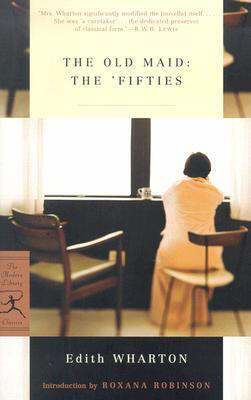
brokentune
Written on May 6, 2018
It with this short novella that I dip my toes into the world of Edith Wharton for the first time. I’ve seen so much praise of the work – and from trusted friends and reviewers – that I just had to find out for myself what I’m missing out.
What has held me back from picking up Wharton’s work so far are really two things:
For one, I have always associated her writing with that of Henry James, which is not helped by an article in the Guardian I read a few years ago about the two of them – Wharton and James – on a road trip in England. This is, of course, hugely unfair towards Wharton, but sometimes that is how associations of the mind work. There is nothing for it but to go investigate and see if there is some truth to it. I just hadn’t gotten around to that, yet.
The second reason, is that I have always thought of Wharton as a kind of Edwardian author, in the same way that E.M. Forster was. But as I love Forster, his works are normally what I turn to for a fix of Edwardian drama.
Again, misconception is at work here. They may have written in the same time, but not about the same time … or place.
Anyway, time to put things right with Edith Wharton – not that I think she’d care… but I do, not least because I don’t like having pre-conceived ideas that aren’t founded on any actual research.
The Old Maid is the second of four novellas in Wharton’s “Old New York” series, which features stories set in New York, one in each decade of the 1840s, 50s, 60s, and 70s.
The Old Maid is set in the 50’s and tells the story of two cousins – Delia and Charlotte, one who marries well and one who has a child out of wedlock. After several turns of fate, the cousins both end up bringing up the child, one as mother and one as aunt, but with a reversal of titles that sparks some resentment, misunderstanding, pretence of right, and other high drama until the end of the story.
Without giving too much away, I really enjoyed how candid Wharton describes the circumstances of the family arrangement, how clearly she brings up how much misery is caused by a society that is so set on the illusion of propriety at all costs, and how unhealthy it for grudges to fester.
I had no expectation of it, but the story of the cousins – neither of whom was a perfect human being – really drew me in. Wharton’s writing was clear, concise, yet full of emotion, sensitivity, and even wit.
The only aspect that I did not quite find convincing was that did not get a sense of place or time from the story. I just could not say what makes this the a story of “The ‘Fifties” as the subtitle proclaims.
I look forward to finding out if Wharton’s other stories are similarly engaging.
As the truth stole upon Delia her heart melted with the old compassion for Charlotte. She saw that it was a terrible, a sacrilegious thing to interfere with another’s destiny, to lay the tenderest touch upon any human being’s right to love and suffer after his own fashion.
